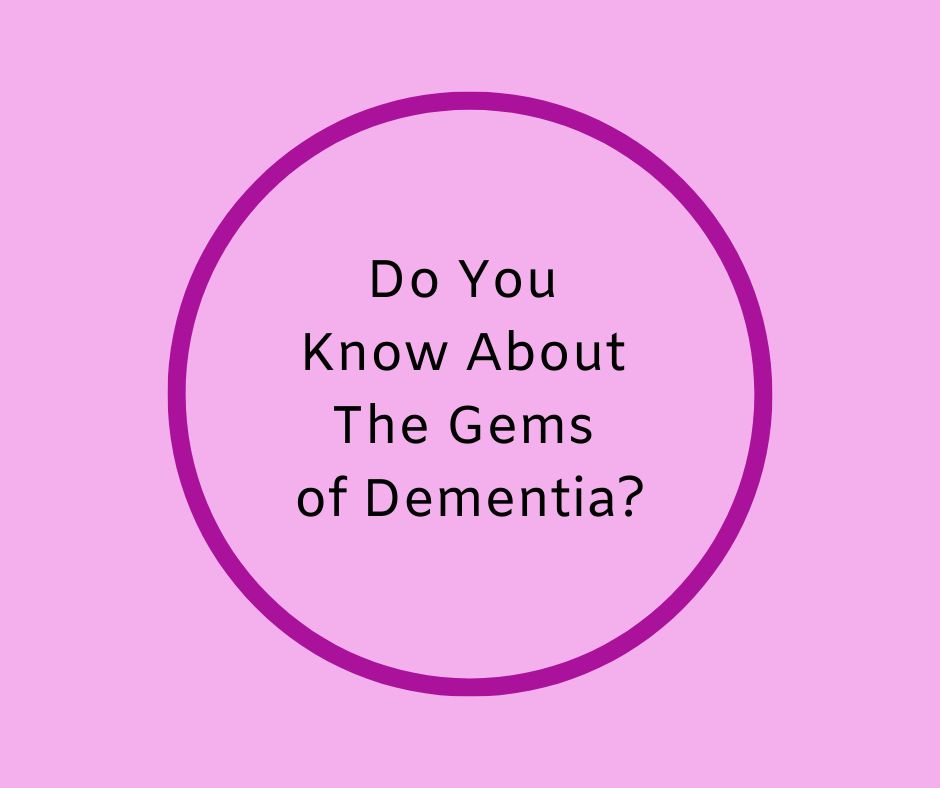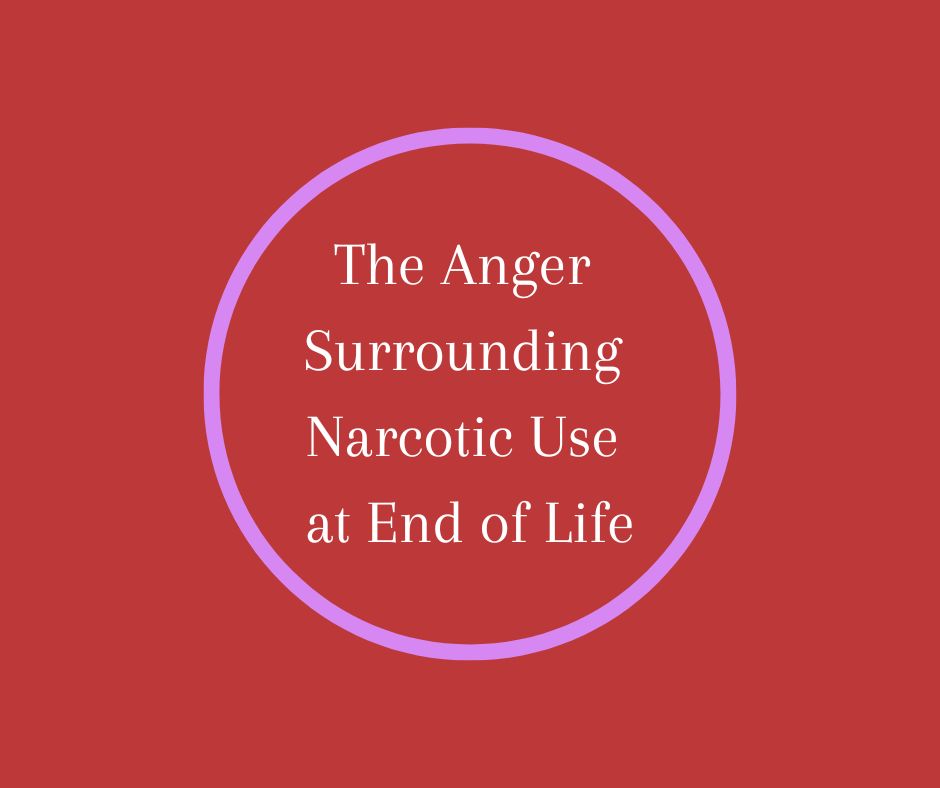First I’m going to switch from the word Alzheimer's to the word dementia. Alzheimer's is a specific disease associated with dementia. Dementia as defined by the Oxford Language Dictionary is a “condition characterized by progressive or persistent loss of intellectual functioning, especially with impairment of memory and abstract thinking and often with personality change, resulting from organic disease of the brain.”
The CDC states that dementia is “not a specific disease but is rather a general term for the impaired ability to remember, think or make decisions that interferes with doing everyday activities. Alzheimer’s disease is the most common type of dementia.”
With dementia defined, let's now talk about dementia and a hospice referral. Hospice provides care and services for people in the last six months of their life. A doctor must specify, in his/her best opinion, that this person has less than six months of life. Every 90 days of that six month period the physician must recertify that reasoning.
If the person’s disease is continuing to progress toward a death within six months, the doctor can recertify a patient for an additional sixty days at the end of the original six months. There are all sorts of fancy words to outline this Medicare protocol but simply put, if the patient isn’t dying fast enough, at some point they have to come off of hospice services.
The basic areas that say a person has entered the dying process are: gradual decrease in eating, gradual increase in sleeping, and gradual withdrawal from social interactions. This generally occurs over a period of months when disease is involved and years with old age and no disease present.
This is how most people progress toward death BUT not with dementia. A person with dementia can be withdrawn and non communicative for years. A person with dementia can sleep all the time for years. It isn’t until a person can’t eat enough calories for maintenance (choking, holding food in their mouth, not swallowing) that we in the medical arena can say a person has entered the dying process. If we don’t eat we can’t live. Now the person is ready for hospice care.
The above is not a blanket statement. There are always exceptions. I am addressing this area because more and more families are having their special person taken off of hospice because they haven’t died fast enough. Now you know more of the reason.
I’m going to add that people with dementia are falling through the medical cracks of our system. People with dementia need caretakers at some point in the disease progression. Residential care is costly. Most people can’t afford it but also don’t qualify for medicaid. The resulting need for care most often falls on family. Families who may have two or even three or four members working outside of the household. Which leaves no one in the home to provide the necessary care.
Who can care for someone who needs constant “watching over?”
Hospice seems to have stepped into this void in health care. Most of the time it works. Yet every so often a person and their family are tossed back into the “how are we going to live with this situation?" world.
Something More... about When An Alzheimer’s Patient Begins Hospice Care
For those who are caring for their special person at home as they approach end of life, I have a tool to support you, it's a guidebook, BY YOUR SIDE, A Guide for Caring for the Dying at Home. This 72 page, spiral-bound guidebook addresses end of life choices (life sustaining, comfort care), advance directives, and funeral planning. It details signs of approaching death (what to look for, what to do); describes end of life care at home; pain management; care of dementia patients at end of life; and, very importantly, how to take care of yourself as you fulfill your role as caregiver.








2 comments
Barbara Garcia
I highly recommend this to families with someone who has end stage dementia. Hospitals do nothing to help and do not explain anything about the death process. A guide would have been invaluable to me when my father was dying from dementia, although I did find Barbara Karnes online when grasping at straws and began reading everything I could to help my family who were the caregivers.
———
BK Books replied:
Hi Barbara. I’m glad my booklets helped you. Blessings! Barbara
I highly recommend this to families with someone who has end stage dementia. Hospitals do nothing to help and do not explain anything about the death process. A guide would have been invaluable to me when my father was dying from dementia, although I did find Barbara Karnes online when grasping at straws and began reading everything I could to help my family who were the caregivers.
———
BK Books replied:
Hi Barbara. I’m glad my booklets helped you. Blessings! Barbara
Cheryl Begay
Hi Barbara,
What is the cost of the book/guide.
Thank you
———
BK Books replied:
Hi Cheryl, The cost of the guidebook, *By Your Side *is $28.00 plus shipping and handling. If you have questions call Erin or Danny in the office. They will be glad to help you. 1 306 828 7132. Blessings! Barbara
Hi Barbara,
What is the cost of the book/guide.
Thank you
———
BK Books replied:
Hi Cheryl, The cost of the guidebook, *By Your Side *is $28.00 plus shipping and handling. If you have questions call Erin or Danny in the office. They will be glad to help you. 1 306 828 7132. Blessings! Barbara